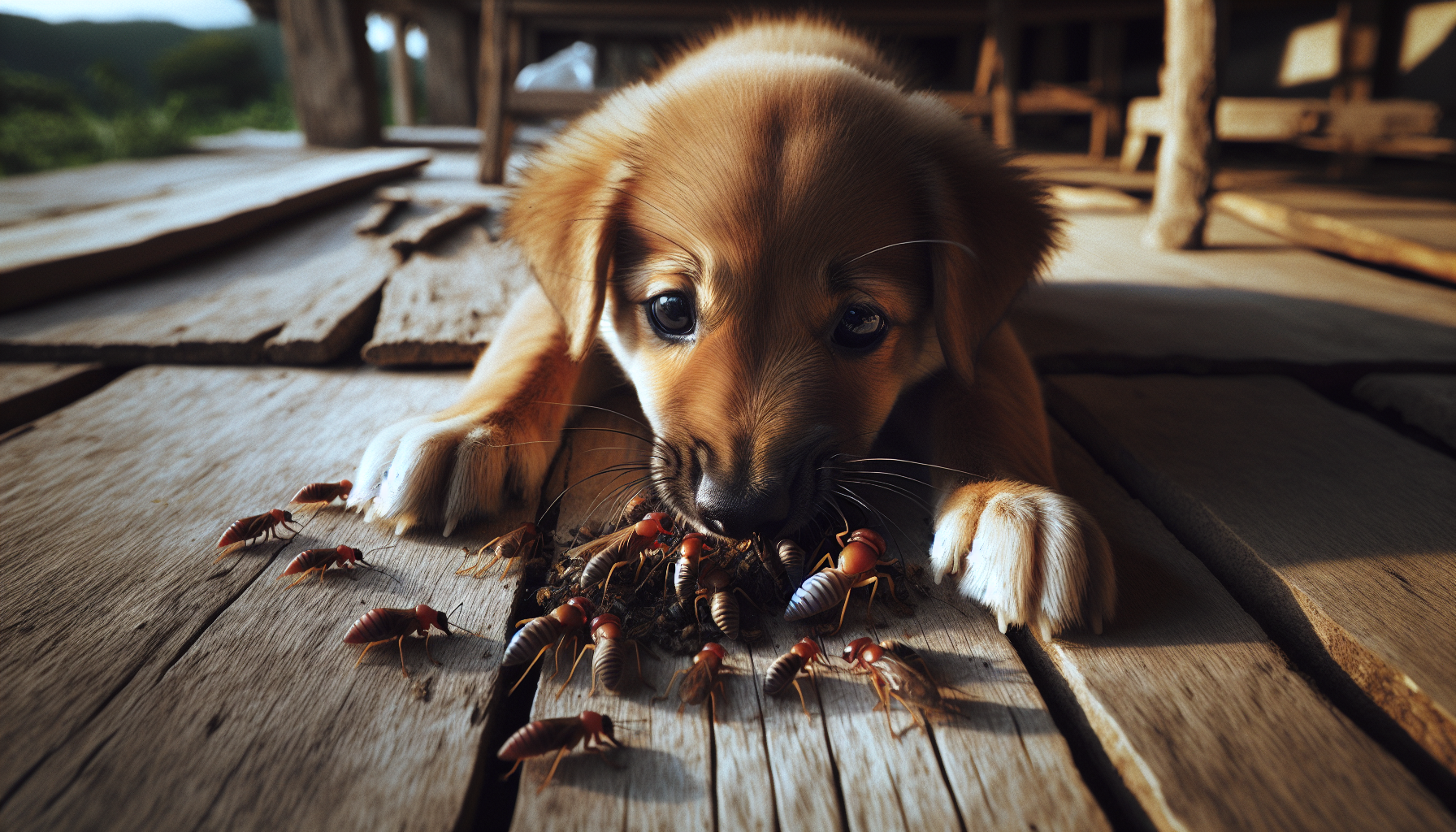Contents
Potential Risks Associated with Insect Consumption
In recent years, the consumption of insects has gained significant attention as an alternative source of protein and a sustainable food option. Many cultures around the world have been consuming insects for centuries, considering them a delicacy and a valuable source of nutrition. However, before embracing this new food trend, it is essential to understand the potential risks associated with consuming insects. This article will explore some of the main concerns surrounding this practice.
Allergies
Allergies are a significant concern when it comes to consuming insects. Just like any other food, some individuals may have specific allergies or sensitivities to certain insect species. It is crucial to be aware of any existing allergies to avoid potential allergic reactions. Symptoms can range from mild itching and hives to more severe reactions such as difficulty breathing or anaphylaxis. If you have a known allergy to shellfish or dust mites, you may be at a higher risk of developing an allergy to insects.
Pesticides and Contamination
Another potential risk associated with insect consumption is the presence of pesticides and contamination. Insects, especially those harvested from the wild, can be exposed to various pesticides and chemicals. If insects are not properly sourced, there is a risk of consuming harmful substances that may have adverse effects on health. It is vital to ensure that the insects you consume are from a reliable source, such as farms that follow strict quality control measures and do not use harmful pesticides.
Pathogens and Parasites
As with any animal-based food product, insects can carry pathogens and parasites that can cause foodborne illnesses. Some insects may harbor bacteria, viruses, or parasites that can be harmful when ingested. It is important to note that cooking insects thoroughly can help kill any potential pathogens, reducing the risk of foodborne illnesses. However, improper handling or consumption of raw or undercooked insects could lead to digestive issues and other health problems.
Environmental Risks
While the consumption of insects can be considered more sustainable than traditional livestock farming, there are still potential environmental risks associated with large-scale insect production. Insect farms require resources such as water, land, and energy, which can have an impact on the environment. It is crucial for insect farms to adopt sustainable practices to minimize their ecological footprint and ensure that the overall environmental impact is kept within acceptable limits.
Conclusion
Consuming insects can indeed be a sustainable and nutritious food choice. However, it is essential to be aware of the potential risks associated with insect consumption. Allergies, pesticide contamination, pathogens, and environmental concerns should be taken into account when incorporating insects into your diet. To mitigate these risks, it is recommended to source insects from reputable suppliers and follow proper cooking and handling guidelines. By being informed and cautious, you can enjoy the benefits of insect consumption while minimizing potential hazards.
Benefits of Insect Consumption for Dogs
Nutritional Value of Insects
Insects are a rich source of essential nutrients for dogs. They are packed with high-quality protein, vitamins, and minerals. For example, crickets are a great source of calcium, iron, and B vitamins, while mealworms are rich in omega-3 fatty acids and fiber.
By including insects in your dog’s diet, you can ensure that they receive a well-rounded and balanced nutrition. Insects can also provide a variety of nutrients that may be lacking in traditional dog food.
Reduced Environmental Impact
Compared to traditional livestock farming, insect farming is much more sustainable and environmentally friendly. Insects require significantly less land, water, and feed to produce the same amount of protein as traditional livestock. They also produce fewer greenhouse gas emissions and generate less waste.
By choosing insect-based dog food, you are supporting a more sustainable food system and reducing your carbon footprint. This small change can make a big difference in preserving our planet for future generations.
Allergy-Friendly Option
If your dog has allergies or sensitivities to common proteins like chicken or beef, insects can be a great alternative. Insects are considered novel proteins, meaning that your dog is less likely to have developed an allergy to them.
Including insects in your dog’s diet can provide them with a new source of protein that is less likely to trigger allergies or sensitivities. It can also help diversify their diet and reduce the risk of developing allergies in the future.
Dental Health Benefits
Chewing on insects can help promote good dental health for dogs. The crunchy texture and chewing action of insects can help remove plaque and tartar buildup, reducing the risk of dental disease.
Including insect-based treats or using insect chews as a part of your dog’s dental care routine can help keep their teeth clean and their gums healthy. This can significantly improve their overall oral health and prevent dental issues down the line.
How to Incorporate Insects into Your Dog’s Diet
There are several ways you can include insects in your dog’s diet. One option is to look for dog food that contains insect protein as a primary ingredient. Some reputable brands, such as **Bug Bites** and **Insectivore**, offer insect-based dog food options.
You can also find dried insects like crickets or mealworms as standalone treats or as ingredients in homemade dog treats. Just make sure to choose high-quality, freeze-dried or dehydrated insects that are specifically made for canine consumption.
As with any dietary change, it’s important to introduce insects gradually and monitor your dog’s response. If you have any concerns or your dog has existing health conditions, consult with your veterinarian before making any changes to their diet.
In conclusion, incorporating insects into your dog’s diet can provide numerous benefits. From their high nutritional value to their reduced environmental impact, insects offer a sustainable and allergy-friendly protein source for your furry friend. So why not give it a try and see the positive impact it can have on your dog’s overall health and well-being.
Taking Precautions and Seeking Veterinary Advice
Taking Precautions
Taking care of your pets is not just about providing them with love and attention. It also means taking the necessary precautions to ensure their safety and well-being. Whether you have a dog, a cat, a reptile, or any other type of pet, there are certain measures you can take to protect them from harm.
1. Secure Your Home
Make sure your home is pet-proofed to prevent any accidents or injuries. This includes keeping toxic substances out of reach, securing windows and doors, and removing any potential hazards.
2. Microchipping
Consider microchipping your pet, especially if they have a tendency to wander or get lost. A microchip is a small device implanted under the skin that contains your contact information. It can greatly increase the chance of being reunited with your pet if they ever go missing.
3. Regular Vet Visits
Schedule regular check-ups with your veterinarian to ensure your pet’s overall health. Routine examinations can help detect any potential health issues early on and prevent them from worsening.
4. Vaccinations
Keeping your pet up to date on vaccinations is essential for their well-being. Vaccines protect them from various diseases and can even be required by law in some cases. Consult with your vet to determine which vaccines are necessary for your pet based on their lifestyle and risk factors.
5. Parasite Prevention
Fleas, ticks, and other parasites can pose a threat to your pet’s health. Use preventive measures such as flea and tick treatments, heartworm prevention, and regular deworming to keep these pests at bay.
Seeking Veterinary Advice
While taking precautions can help minimize the risks for your pet, it’s important to seek veterinary advice whenever you have concerns or notice any changes in their behavior or health. Vets are trained professionals who can provide expert guidance specific to your pet’s needs.
1. Signs of Illness
Educate yourself about the common signs of illness in pets, such as vomiting, diarrhea, changes in appetite, lethargy, or abnormal behavior. If you notice any of these symptoms, don’t hesitate to contact your vet for advice.
2. Nutritional Guidance
Proper nutrition is crucial for your pet’s well-being. Consult with your vet to ensure you are providing them with a balanced diet that meets their specific nutritional needs. They can also recommend the right type of food and portion sizes based on factors like age, breed, and activity level.
3. Behavioral Issues
If you’re experiencing behavioral issues with your pet, seek veterinary advice. They can help determine the underlying cause and provide guidance on training techniques or behavioral modification strategies.
4. Emergency Situations
In case of emergencies, always contact your vet or an emergency veterinary clinic. They can provide immediate advice and guidance on how to best handle the situation until professional help is available.
5. Trusting the Experts
Remember, your veterinarian is your best resource when it comes to the health and well-being of your pet. Don’t hesitate to reach out to them for advice, even if it seems like a minor concern. They have the knowledge and experience to provide the best care for your furry friend.
Taking precautions and seeking veterinary advice are essential for ensuring the health and safety of your beloved pet. By being proactive and attentive, you can provide them with a long and happy life.





